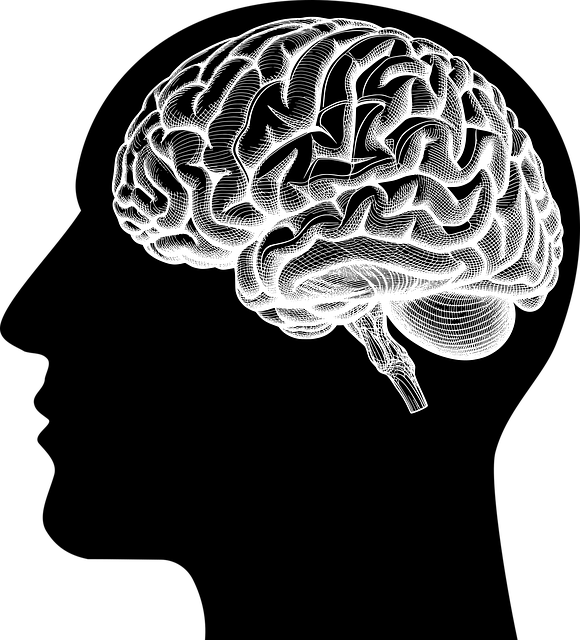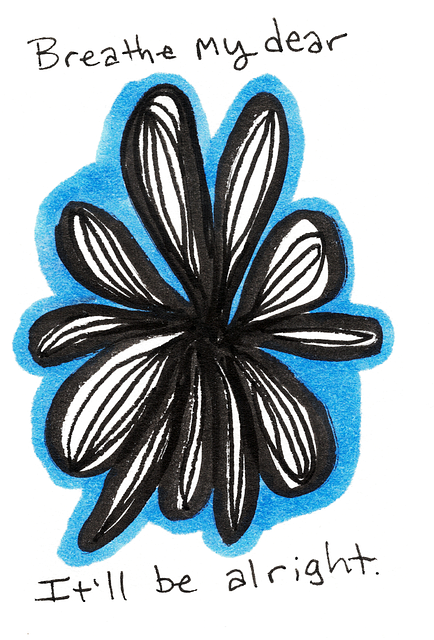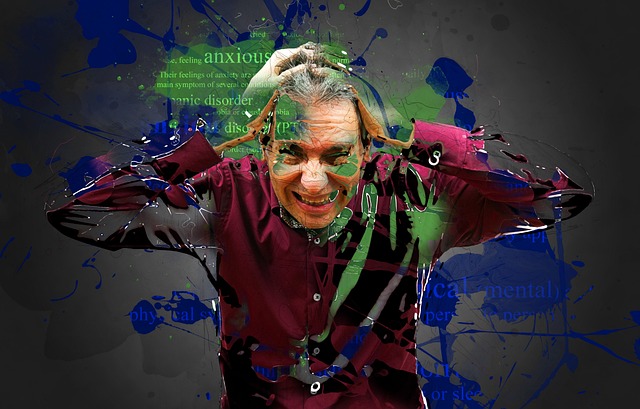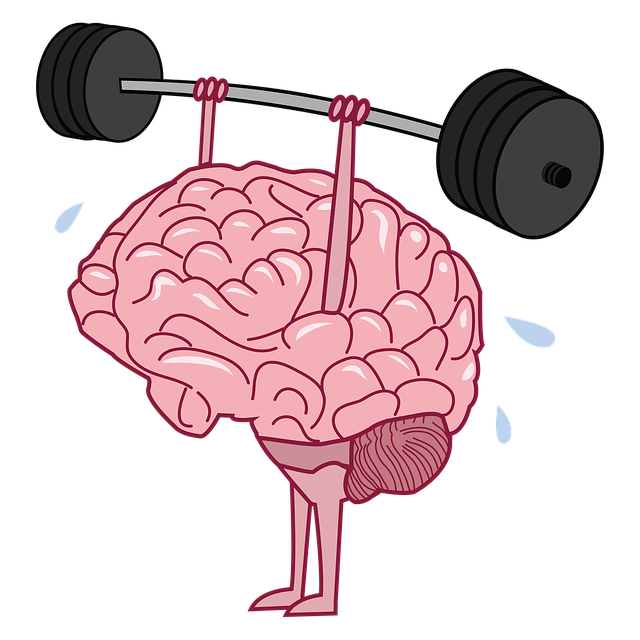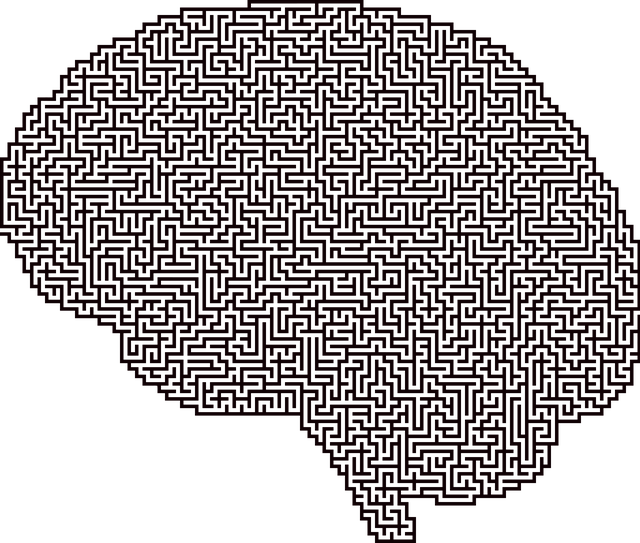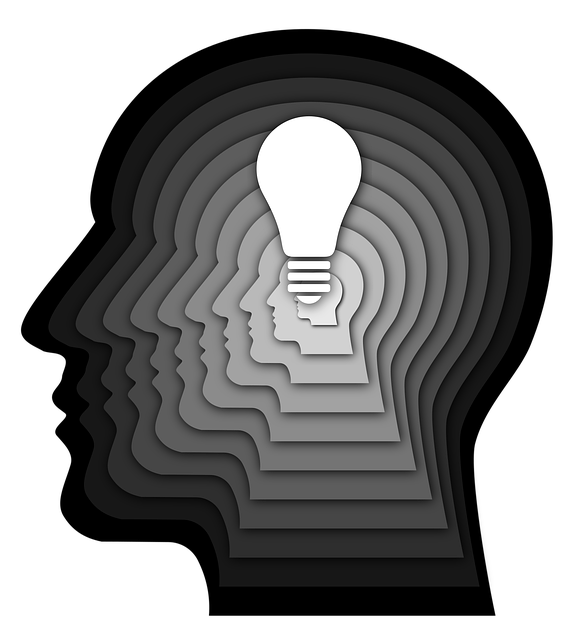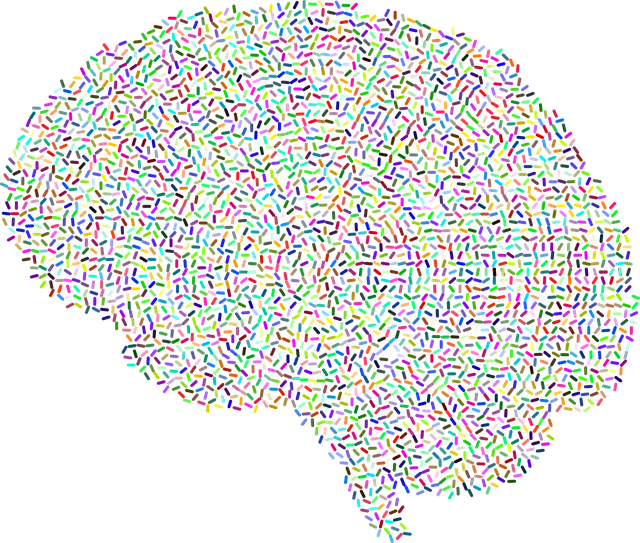In a diversifying society, elders and blended families face unique mental wellness challenges requiring tailored approaches. Access to traditional therapy is often limited for older adults in rural areas or those preferring alternatives. Blended families need culturally sensitive mental healthcare. Coaching programs offer valuable support, addressing isolation, cognitive decline, communication issues, and emotional understanding. These programs integrate therapy with practical strategies, reducing stigma and promoting well-being. Customized interventions, including group activities and community engagement, enhance emotional well-being in elders while open dialogue and skills training aid blended family dynamics. Successful implementation involves strategic planning, evaluation, and data-driven approaches to adapt to diverse needs, fostering inclusive spaces for mental health discussions.
Mental wellness coaching programs are gaining traction as effective tools to support elders and blended families navigating today’s complex lives. This article delves into the unique mental wellness needs of these populations, highlighting the benefits of coaching strategies tailored to their specific dynamics. We explore evidence-based therapy techniques, offer insights on incorporating blended family complexities into sessions, and provide best practices for coaches to implement successful programs, fostering improved mental well-being among elders and blended families.
Keywords: Therapy for Elders Blended Families
- Understanding Mental Wellness Needs of Elders and Blended Families
- Benefits of Coaching Programs for Elderly Individuals and Blended Family Dynamics
- Designing Effective Therapy Strategies for Mentally Well-being
- Incorporating Blended Family Dynamics in Coaching Sessions
- Implementing and Measuring Success: Best Practices for Coach Development
Understanding Mental Wellness Needs of Elders and Blended Families

The mental wellness needs of elders and blended families present unique challenges that require tailored approaches. As our society becomes more diverse, with an increasing number of blended households, addressing the specific psychological and emotional requirements of these groups is essential. Many elders, particularly those in rural or underserved communities, may face barriers to accessing traditional therapy due to limited resources, transportation issues, or a preference for alternative support systems.
Blended families often introduce complex dynamics that can impact mental health. Cultural sensitivity in mental healthcare practice plays a crucial role in understanding and addressing these nuances. Promoting positive thinking and fostering open conversations about mental wellness through public awareness campaigns development can help reduce the stigma surrounding therapy for elders and blended families, encouraging them to seek support when needed.
Benefits of Coaching Programs for Elderly Individuals and Blended Family Dynamics

Coaching programs offer a unique and beneficial approach to mental wellness support, especially tailored for elderly individuals and blended families. For seniors, coaching can provide an alternative to traditional therapy, addressing specific concerns like isolation, cognitive decline, or adapting to life changes. Through personalized sessions, coaches help elders set goals, maintain independence, and enhance overall well-being, thereby improving their quality of life.
In blended families, where individuals from different backgrounds and previous relationships coexist, coaching can facilitate effective communication, conflict resolution, and emotional understanding. It assists family members in navigating complex dynamics, fostering a supportive environment, and promoting mental health. By integrating coaching into their practice, mental health professionals can offer comprehensive care, combining the benefits of therapy with practical strategies for managing challenges related to aging and familial relationships, while also contributing to stigma reduction efforts and risk management planning.
Designing Effective Therapy Strategies for Mentally Well-being

Mental wellness coaching programs must incorporate tailored therapy strategies to cater to diverse populations, such as blending family dynamics and addressing specific needs in older adults. Effective interventions for mental health promotion among the elderly often involve a combination of individual counseling, group therapy sessions, and community engagement activities. These approaches facilitate intergenerational connections, providing unique support networks that enhance emotional well-being.
In the context of blended families, therapists can design strategies to navigate complex relationships and foster positive thinking. Encouraging open communication, conflict resolution skills, and emotional intelligence are key components. Public awareness campaigns development around mental health can further educate family members on recognizing signs of distress and promoting a supportive environment, ultimately contributing to improved mental wellness for all involved.
Incorporating Blended Family Dynamics in Coaching Sessions

Incorporating blended family dynamics into mental wellness coaching sessions is a nuanced yet powerful approach, especially when targeting elders within these families. Many older adults find themselves navigating complex relationships with step-children and grandchildren, often leading to unique challenges around communication, adjustment, and identity. Coaches can create a safe space for clients to explore these dynamics, fostering open dialogue about the joys and strains of blended family life. By promoting positive thinking and understanding, coaches can help elders develop strategies to enhance their relationships and overall well-being.
This consideration is particularly relevant in designing therapy for elders from blended families, where social skills training might be beneficial. Coaches can guide clients through exercises that strengthen interpersonal connections, improve conflict resolution, and encourage active participation within family gatherings. Integrating community outreach program implementation can also enrich these sessions, offering real-world examples and perspectives from diverse family structures.
Implementing and Measuring Success: Best Practices for Coach Development

Implementing and measuring success in mental wellness coaching programs is a multifaceted process that requires careful planning and consistent evaluation. To ensure effectiveness, coaches should adopt best practices such as tailored interventions for diverse populations, including blended families and older adults facing unique challenges. Customizing therapy to accommodate intergenerational dynamics within blended families can foster a supportive environment, enhancing emotional well-being promotion techniques and encouraging open communication.
Moreover, addressing the Mental Illness Stigma Reduction Efforts is vital in creating inclusive spaces where individuals feel comfortable discussing their mental health. Coaches play a crucial role in normalizing conversations around mental illness while cultivating Positive Thinking. Regular feedback mechanisms, clear performance indicators, and data-driven approaches enable continuous improvement, allowing programs to adapt and better serve participants’ evolving needs.
Mental wellness coaching programs tailored to elders and blended families can significantly enhance their well-being. By understanding specific needs and incorporating dynamic family structures into therapy strategies, coaches can offer effective support. The benefits are clear: improved mental health, stronger family bonds, and enhanced quality of life for all involved. To ensure success, coaches should focus on evidence-based practices, regular measurement of progress, and continuous professional development, creating a nurturing environment that fosters both individual growth and harmonious family dynamics, especially in the context of therapy for elders blended families.


